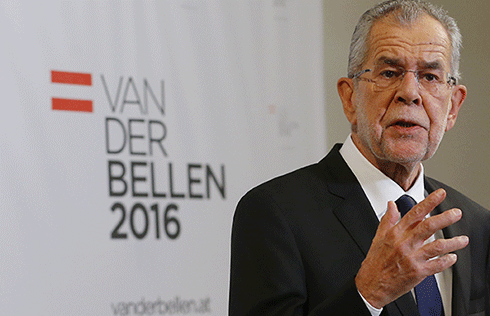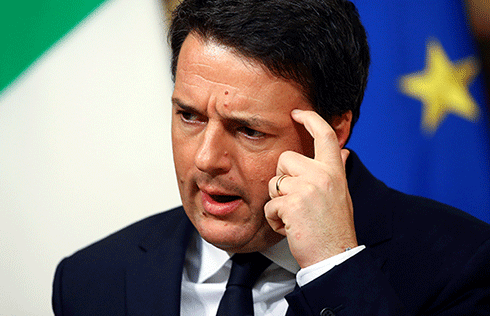Trump talk with Tsai sparks row
US president-elect Donald Trump has caused an unexpected diplomatic incident with China by taking a phone call from Taiwan leader Tsai Ing-wen, but the call itself is expected to have “very limited influence” and is not expected to affect the one-China policy, analysts in Washington and Beijing said over the weekend.
On Friday, after Trump took the call, the White House reaffirmed its long-standing support for the one-China policy and the three China-US joint communiques, issued between 1972 and 1982, that guide China-US relations.
Foreign Minister Wang Yi called Tsai’s call to Trump “a little trick” by Taiwan which would not change the international one-China consensus. Beijing also lodged a “solemn representation” with Washington, urging it to honor its commitments.
“Trump has caused a major diplomatic incident with China,” said Jon Taylor, professor of political science and a China specialist at the University of St Thomas in Houston.
Taylor said Trump had upset a consensus in place for decades. “I sincerely hope that this does not signal the beginning of a significant shift in US-China relations.”
For damage control, Trump needs to reassure Beijing, publicly or privately, that he will not change America’s long-standing policy and that US-Taiwan relations will stay unofficial, said Zhiqun Zhu, a professor of political science and international relations at Bucknell University in Pennsylvania.
The call was the starkest example yet of how Trump has flouted diplomatic conventions since he won the Nov 8 election, experts told the Associated Press. “President-elect Trump is just shooting from the hip, trying to take phone calls of congratulatory messages from leaders around the world without consideration for the implications,” said Bonnie Glaser, senior adviser for Asia at the Center for Strategic and International Studies in Washington, the AP reported.
The call is a result of both Trump’s lack of experience in diplomacy as well as his not having finished choosing his foreign policy team. Still, most of those he has chosen are right-wing and anti-China, said Jin Canrong, a professor of international relations at Renmin University of China.
But Jin added, “It is highly likely that Trump, after he takes office, will continue the one-China policy that the US government has been adhering to over many years.”
Wang Qingyun contributed to this story. Contact the writers at zhaohuanxin@chinadaily.com.cn
It is highly likely that Trump, after he takes office, will continue the one-China policy.”




















